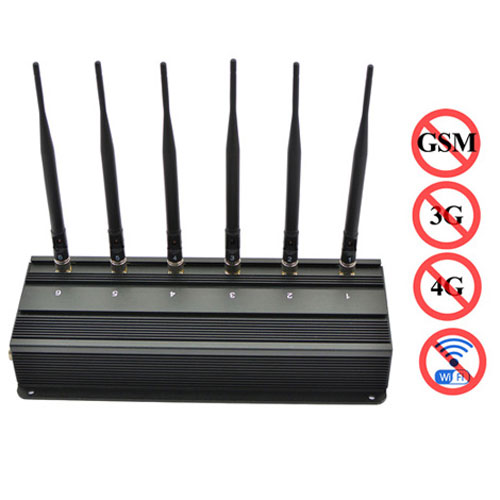The Minister of National Education has just swept aside with the back of his hand the proposal of a deputy who had suggested to him to install laptop jammers in schools. Why? Because that would be contrary to the Code of posts and electronic communications, argues Vincent Peillon.
"Cell phones can (...) be misused by students," regretted UMP deputy Philippe Meunier in a parliamentary question published last September. The elected representative then explained his reasoning to the Minister of National Education, Vincent Peillon: “Beyond the problems often mentioned (excessive sending and receiving of telemessages and calls during school hours, racketeering problems), they can also be used to cheat during tests, take pictures during lessons with immediate distribution on social networks, surf the internet without control ... ”.

According to him, this diagnosis called for a "necessity": the installation of GSM wave jammers, aimed at preventing cell phones from picking up in schools. Without a network, there is no communication for any use. Believing that the professors could "claim to benefit from the same measures of respect as the spectators or actors in the places of entertainment", Philippe Meunier asked Vincent Peillon if it would be possible "to authorize the installation of GSM jammer in the establishments schools, as is already the case in theaters and cinemas ”.
Prohibited use
After almost two months of waiting, the parliamentarian has just obtained his response from the Minister of National Education. The latter lets him know that there is no question of installing this type of device. Vincent Peillon explains that the General Inspectorate of National Education has considered the possible installation of Cell phone jammer. Result: "If this solution turns out to be a means of preventing telephone communications, there is, however, a certain reluctance of the population towards the emission of electromagnetic waves, in particular those of the" jammers ", given their effects. real or supposed about health ”.
But above all, the Rue de Grenelle argues that article L33-3-1 of the Postal and Electronic Communications Code prohibits "the use of any device intended to render electronic communications devices of all types inoperative, both for the 'emission only for reception'. However, this article provides for an exception: "for the needs of public order, defense and national security, or the public service of justice". Problem: "the schools are not mentioned in this exhaustive list", notes the minister, who thus brushes aside the proposal of MP Meunier.
A ban confronted with its implementation
Like the minister, let us recall that the "Grenelle II environment" banned the use (and not the possession) of cell phones in schools and colleges. Article L511-5 of the Education Code effectively provides that "in nursery schools, elementary schools and colleges, use during any teaching activity and in the places provided for by the internal regulations, by a pupil , a mobile phone is prohibited ”. Vincent Peillon indicates in this regard that it "is therefore up to the authorities of each school or college to specify in the internal regulations the places where the students cannot use their telephone".
However, this ban, taken in the name of the precautionary principle, often has no effect. Senator Alain Dufaut was offended by this a little over a year ago, regretting that "the text does not specify whether it will be up to teachers to enforce the law and what the offenders could risk ( especially parents) in case of infringement. These inaccuracies lead to the non-application of this measure, ”he was alarmed. The then Minister of Education, Luc Chatel, told him - like Vincent Peillon - that it was up to each establishment, within the framework of internal regulations, to resolve this problem. “Certain provisions allow to go as far as confiscation. In the event of repeated breaches and recidivism, it is possible to impose school punishments, even disciplinary sanctions ”. An explanation that had not satisfied Alain Dufaut: "to sit myself on the boards of directors of schools, I know that it is very difficult to establish rules and to sanction their non-compliance".




